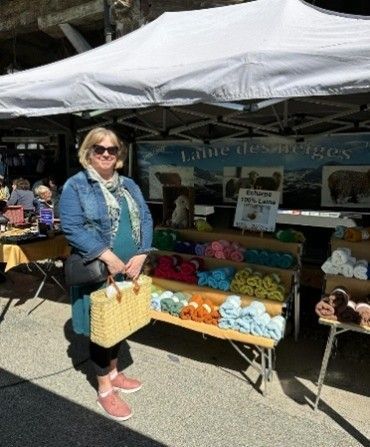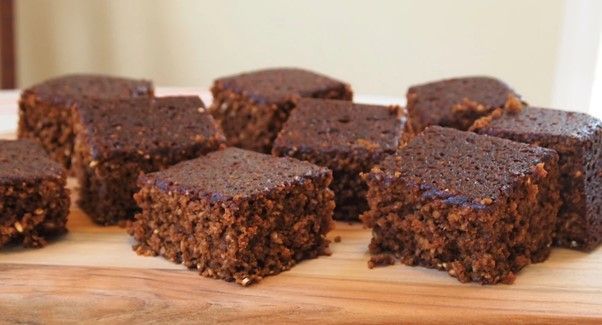Get thissen some scran
May 2021 Newsletter
Now then!. It is May and we have begun the tours again! We had our first tour on May 2nd which was interesting as we had to sit outside and we managed to get four seasons of weather in one tour! But as my dear father used to say, ‘n’er cast a clout till May is out*’. One thing it did do is remind us of how yummy the food is on our tours! So get yourself booking, come tomorrow we are allowed indoors! This month we are reminding you of what us Yorkshire Folk have loved to eat over the centuries!
Yorkshire Curd Tart
This beloved tart is essentially a baked cheesecake and was traditionally made around Whitsuntide from left-over curds from the cheese making process and originated in the early-to-mid 17th century. Whitsuntide, or White Sunday, is the seventh Sunday after Easter usually celebrated these days as it precedes a bank holiday Monday – yay, an extra day off! Curd cheese may be a little hard to get these days but you can make your own, but don’t try substituting it with cottage cheese, it never works! Traditionally, special curd tarts would be made after cows had calved, using their milk which, as they had just given birth, was particularly rich in nutrients and fat. My advice would be not to think of that when you’re enjoying one.
Good Old Viking Stew
Back when Vikings ruled North Yorkshire, breakfast was not your croissants or even bacon and eggs but the leftover stew from the night before. A tasty old stew made of brown liquid made from boiled lambs bones, beans, peas, carrots and turnips, all topped with a thin crust of fat that had formed overnight. Some bread, often leftover from the previous day would be the accompaniment. Be grateful cuisine has moved on.
Pontefract Cakes
Not actually a cake from South Yorkshire’s Ponte Carlo, but a round disc of liquorice! Liquorice found its way to the region as a medicinal plant by Britain’s crusaders who brought it back from the Middle East and the presence of liquorice in the UK was first recorded at a monastery in, you guessed it, Pontefract! The rich Yorkshire soil was perfect for growing the plant and it was very popular as a medicine for humans and horses. George Dunhill, an apothecary, decided to add sugar to it in 1760 to make lozenges more palatable but it wasn’t really until the 19th century that it became mostly used as confectionary. Still produced today in the town, at the rate of about 20,000 a day, the factory is now owned by another famous confectionary name – Haribo.
Game
Back in t’day, you ate what you could find and the inhabitants of the North were no different. Game was very much on the menu for many. Game refers to the meat of any wild animal or bird which is hunted for food or sport. Game Pie has been around since Roman times and could include all sorts including blackbirds and herons! Game Pies became ever more elaborate as a feast centrepiece and during a feast for Charles I in the 1630s he was presented with an enormous Game Pie which actually had live birds in it! Sing a song of sixpence, a pocketful of rye, 4 and 20 blackbirds baked in a pie…..
Rhubarb
This month’s photo is of me and Ruby Rhubarb, at the Rhubarb Festival in Wakefield a couple of years ago. Why do we love Rhubarb so much! Because like us, it loves the cold and rain! Oh, and the nitrogen rich soil we have in Yorkshire. The famous Rhubarb Triangle is not in fact where rhubarb growers mysteriously go missing but an area between Leeds, Wakefield and Bradford which at one point produced 90% of the world’s forced rhubarb. This area is used as it is a frost pocket and the tubers need low temperatures to be activated originating as they do from Siberia! Plants are matured in fields for two years before cuttings are brought into dark sheds. This darkness forces the rhubarb to grow unsullied by photosynthesis and it is still picked by candlelight to protect the delicacy. And yes, it is true that you can hear rhubarb grow!
How many of these delicacies have you tried?
*basically, don’t get rid of your raincoat before the end of May as the British weather is fickle!











